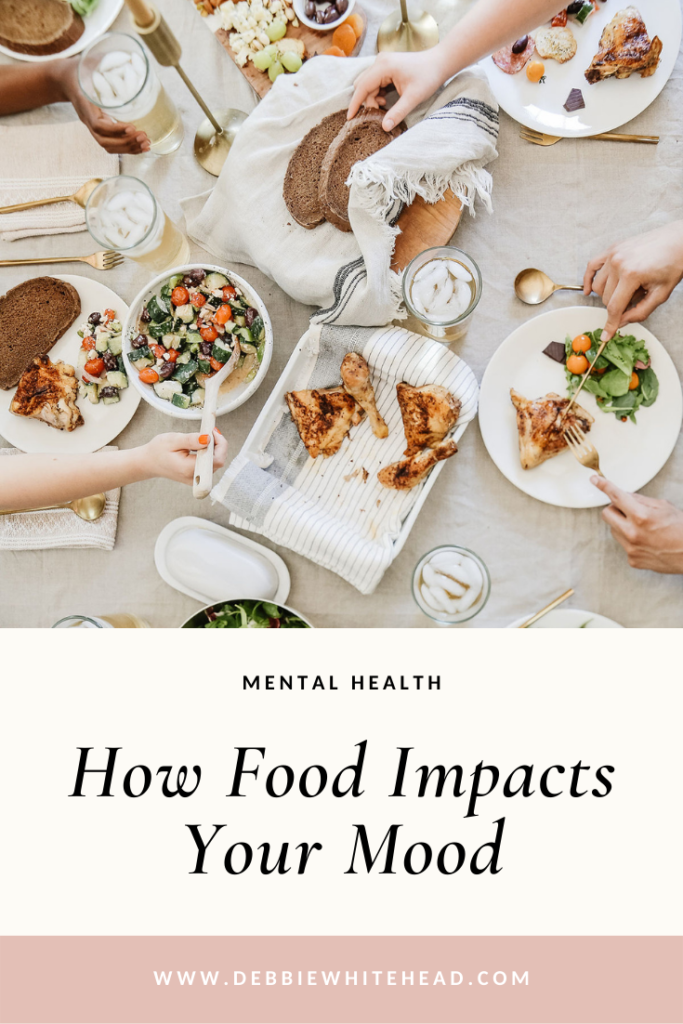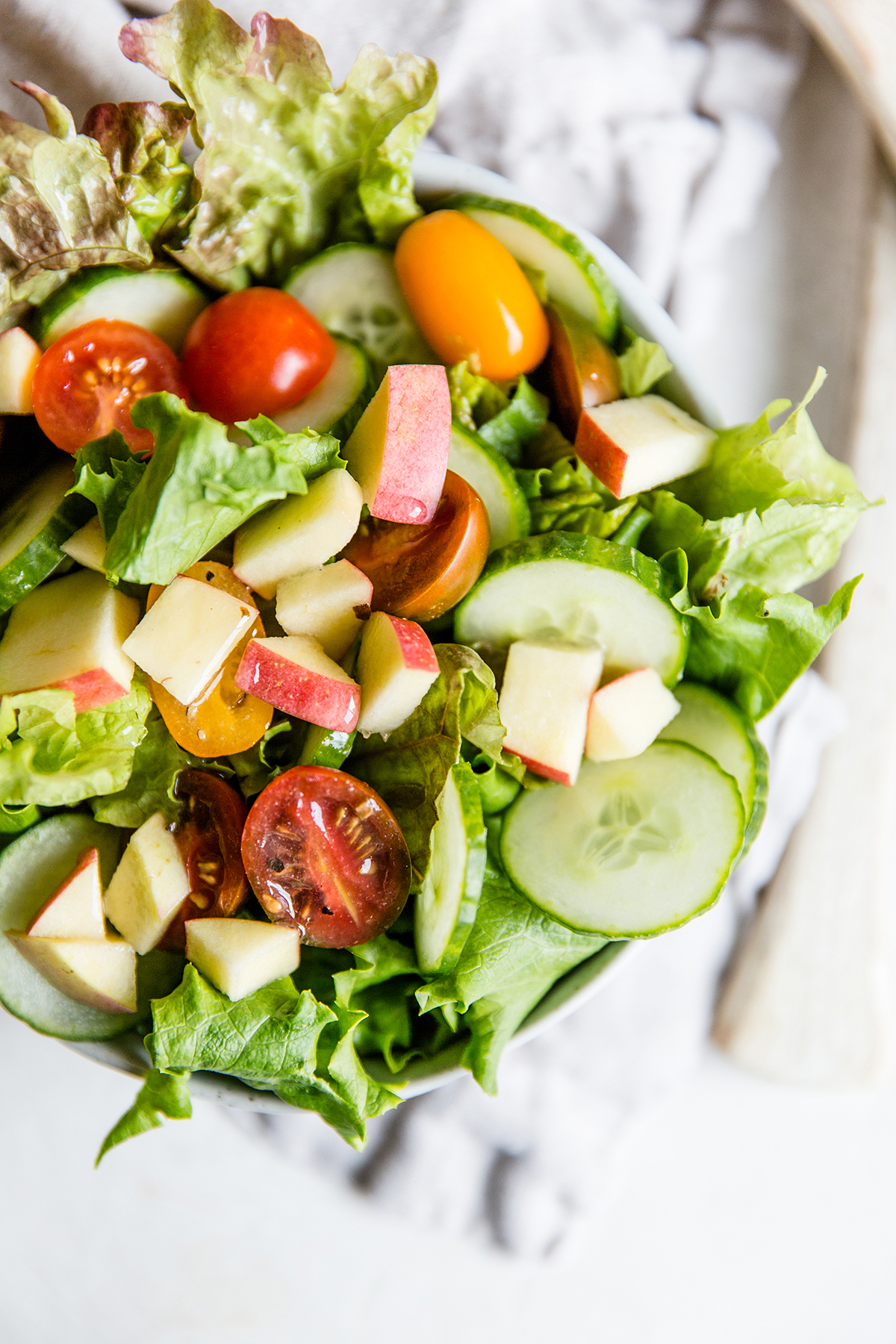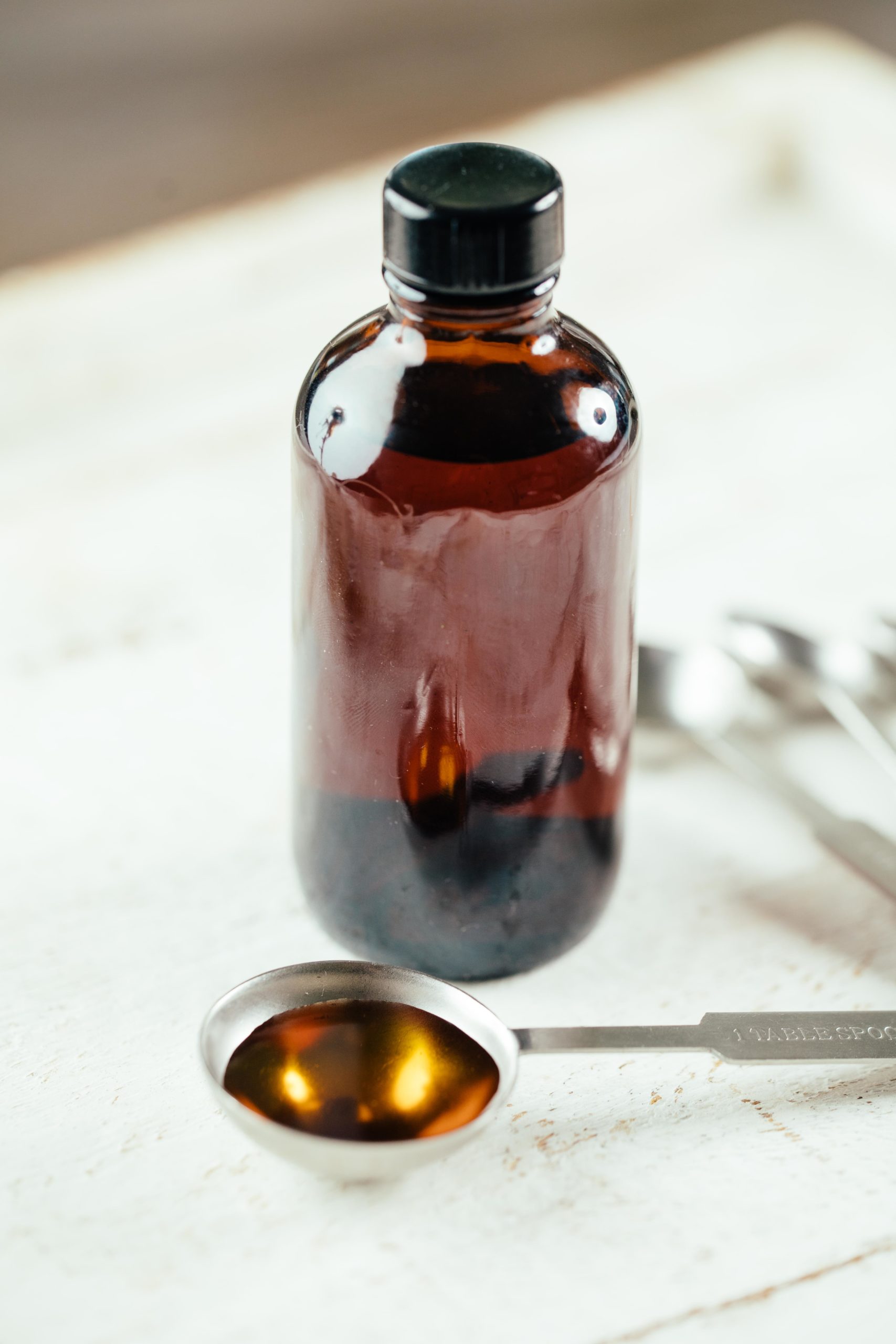I remember the time when one of my clients came to my office with a fast food meal and ate it while we were having our counseling session. I can still remember the grease on my conference room table. As she was telling me how horrible she felt physically and emotionally, I couldn’t help but wonder if this fast food meal could be contributing to her not feeling well. And this wasn’t the only client. I heard story after story, just like this one, for years. These situations prompted me to study nutrition as much as I could. Could it be possible that the way we eat has a direct impact on our mental health?
I was determined to answer this question. It was around this time that I became a certified personal trainer and eventually got a certification in nutrition through my fitness program. These experiences were not just with my clients. I was struggling in my own personal life too. What I was learning about food would eventually change my life in the most drastic way and how I would eventually counsel all of my clients.
Becoming a Food Rebel
As I started to think differently about food and mental health, I realized there was a strong connection between the quality of food we were eating and the impact it was having on our mental health. From there, I decided I was going to be a food rebel. Yep, you heard me! We often think of a rebel as a bad thing (unless we’re the rebel, lol!) but the more I studied about nutrition, the more I realized that I needed to re-bel against our food industry. As a society, we allow the food industry to determine what foods we will buy and how we will eat. I knew it was time that I quit “going with the flow” and take responsibility for the food that I was consuming, and I knew that I wanted to help my clients do this too. Our food industry has only given us what we have asked for—foods that are easy to access and consume. But guess what? Instead of getting healthy, nutritious, “real” food, this is what we are really getting:
- Quick—“instant” foods that are often microwaveable.
- Processed—foods that are taken from their natural state and stripped of essential nutrients.
- Tasty—added sugars, high amounts of sodium, and unhealthy fats.
- Preservatives—added fillers and chemicals in words that we can’t even pronounce just so they can sit on a shelf for an extended amount of time.
The bottom line is that eating this way may fulfill cravings and be a quick source of food on busy days, but it won’t benefit our body nutritionally. In the end, we need nutrients to feel our best physically, emotionally, and mentally. Our body thrives when we eat nutritionally dense foods. It’s not just about eating the right amount of calories. It’s about eating the right nutrients!
The foods we eat will either help us to feel well or prevent us from feeling well. I’m sure you’ve heard the term “food is medicine.” I believe that to be true!
How Food Impacts Your Mood
A 2020 study in the British Medical Journal asked the question, “Food and mood: how do diet and nutrition affect mental wellbeing?” They concluded, “Poor nutrition may be a causal factor in the experience of low mood and improving diet may help to protect not only the physical health but also the mental health of the population.”
I think it’s empowering to know that when we incorporate whole foods into our diet and prioritize our nutrition, we can take steps towards healing our mental health in a compassionate and approachable way.
The Link Between Gut Health & Mental Health
Your gut is a microbiome of bacteria and when it becomes unhealthy, it can cause a disturbance in many functions of the body, including brain and mental health.
Did you know that your gastrointestinal tract is often called your “second brain?”
Your gut and brain are in constant communication with one another and it has even been discovered that there is more dopamine, serotonin, and melatonin in your gut than your brain! These hormones have a big role in mental health and an imbalance of serotonin and melatonin can lead to issues like depression, anxiety, sleep issues, brain fog, memory loss, lack of concentration, a weakened immune system, and fatigue.
It’s incredible to know that when your gut is healthy, your brain can be healthy too! Here are 4 tips that will help you boost gut health and feel your best mentally:
4 Tips for A Healthy Gut
- Take a probiotic daily and especially if you have been on an antibiotic prescription. Eat a variety of fermented foods like yogurt, kefir, sauerkraut, kimchi, miso, and drinks like kombucha (my favorite!) These foods “feed” the good bacteria in your gut.
- Eat fresh, nutrient filled, whole foods, real foods—you don’t need to be on a special diet to eat this way. Look for foods that are in their most natural state. These foods will be high in fiber and antioxidants. Some examples are organic fruits, vegetables, nuts, legumes, pasture raised eggs, grass fed beef, and wild caught fish.
- Limit fast foods—eating from a fast food restaurant should be the exception, not the norm. These foods are typically very high in added sugars, sodium, and unhealthy fats and can even contain chemicals and ingredients that have been banned in other countries.
- Limit caffeine in the form of energy drinks, sodas, sugary drinks, alcohol, and refined, simple carbohydrates. These products typically spike your glucose level quickly, ending with a quick crash, that can alter and affect your mood in an extreme way.
Changes I’m Making to Improve My Mental Health
I know we all want to feel well and most of us don’t think about how “what” we eat affects “how” we feel emotionally, but I have found that there is such a strong correlation between the two. I have had to make some lifestyle changes to accommodate my overall emotional well being and you may need to do this too. Here are a few things that have helped me:
- I learned how to read an ingredient label. If an ingredient label has too many ingredients, or ingredients that I can’t pronounce, I reconsider buying this product.
- I prepare almost all of my meals at home. I am by no means a great cook and have needed to learn a few kitchen skills that have served me and my family quite well.
- We garden! My husband and I have started, what we call, our “Home Kitchen Garden” where we can grow a few items each season that will help contribute to fresh, healthy meals at home.
- I keep real, whole foods stocked in my kitchen as much as possible. If I buy desserts, breads, or other sweets, I aim to buy the best possible version of that food. I know that whatever I buy, I’ll eat. So I try to set myself up for success by only buying foods and ingredients that will nourish my body.
I have come a long way in how I eat and how I view food, and my mood definitely reaffirms that I am headed in the right direction. I am always making lifestyle changes—listening to my body, tweaking things here and there, and finding the right foods that feed, not only my tummy, but my brain and gut as well.
I want to be as mentally and physically healthy as I can, and I have learned, firsthand, how eating certain foods helps me with this. I hope you will join me in this journey!
With love,
~Debbie~
Debbie Whitehead is a licensed professional counselor (M.Ed, LPC), certified personal trainer (CPT), and certified nutrition coach. She owns a practice in Plano, Texas where she helps clients break free from trauma and live a beautiful life – mind, body, and soul.











- Hide Comments